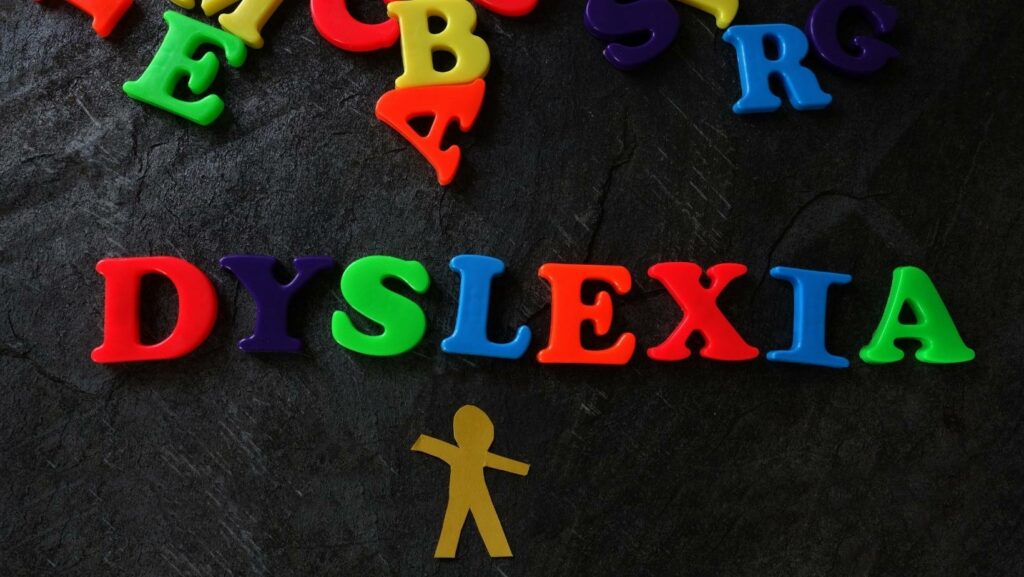Finding suitable jobs for dyslexics can be a challenging task. Dyslexia, a learning difference that affects reading, writing, and spelling abilities, should not hinder individuals from pursuing fulfilling careers. With the right support and accommodations, dyslexics can excel in various professional fields.
Table of Contents
ToggleOne area where dyslexics often thrive is in creative industries. Many dyslexics possess exceptional visual-spatial skills and are highly creative thinkers. This makes them well-suited for careers in graphic design, photography, art direction, or video production. These roles allow dyslexics to leverage their strengths while expressing their creativity and producing visually captivating work.
Additionally, technology-related professions can also provide great opportunities for dyslexics. The digital age has opened up numerous avenues where strong problem-solving skills and innovative thinking are valued over traditional reading and writing abilities. Jobs in web development, programming, data analysis, or IT support often require logical thinking and attention to detail – qualities that many dyslexics possess.
Jobs for Dyslexics
When it comes to discussing jobs for dyslexics, it’s important to first understand what dyslexia is and how it affects individuals in the workplace. Dyslexia is a learning disorder that primarily affects reading, writing, and spelling skills. It’s not a reflection of intelligence or capability, but rather a different way of processing information.
One of the main challenges faced by individuals with dyslexia in employment is difficulty with written communication tasks. This can include struggles with reading job instructions, accurately completing forms, or composing written reports. These challenges may lead to misunderstandings, errors, and decreased productivity in certain job roles.
However, it’s essential to recognize that dyslexia also brings strengths and unique abilities that can be valuable in many professional settings. Some common strengths associated with dyslexia include:
- Creative problem-solving: Many dyslexic individuals possess exceptional creative thinking skills. They often approach problems from unique angles and find innovative solutions that others may not consider.
- Strong visual-spatial skills: Dyslexics tend to have strong visual-spatial reasoning abilities. This can be advantageous in fields such as design, architecture, engineering, or artistic endeavors where visual thinking plays a crucial role.
- Resilience and determination: Dealing with the challenges of dyslexia requires great resilience and perseverance. Individuals who have overcome these obstacles often demonstrate incredible determination and an unwavering work ethic.
- Strong interpersonal skills: People with dyslexia tend to excel in areas requiring strong interpersonal skills like communication, empathy, active listening, and collaboration.
To create inclusive workplaces for individuals with dyslexia:
- Provide assistive technologies like text-to-speech software or speech recognition tools.
- Offer flexible work arrangements such as adjusted schedules or remote work options.
- Foster a supportive environment where employees feel comfortable disclosing their condition without fear of discrimination.
- Provide training and awareness programs to educate colleagues about dyslexia, its challenges, and the strengths associated with it.
By understanding dyslexia and embracing the unique qualities that individuals with dyslexia bring to the table, employers can create opportunities for success in a wide range of job roles. It’s important to focus on abilities rather than limitations when considering jobs for dyslexics, fostering an inclusive work environment where everyone can thrive based on their skills and talents.

Finding the Right Career Path for Dyslexics
When it comes to finding the right career path for dyslexics, there are a few key considerations to keep in mind. While dyslexia may present certain challenges, it’s important to remember that individuals with dyslexia possess unique strengths and talents that can be harnessed in various professions. Here are some tips to help navigate the job search process:
- Identify Strengths: Dyslexics often excel in areas such as creativity, problem-solving, and thinking outside the box. Take some time to reflect on your own abilities and interests. What subjects or activities do you find most engaging? By recognizing your strengths, you can focus on career paths that align with your natural talents.
- Explore Different Fields: The world of work is vast and diverse, offering numerous opportunities for dyslexic individuals. Consider exploring fields that emphasize visual thinking, hands-on tasks, or creative endeavors. Some potential areas of interest might include graphic design, photography, entrepreneurship, woodworking, or even culinary arts.
- Seek Supportive Work Environments: It’s essential to find workplaces that understand and accommodate the needs of dyslexic employees. Look for companies or organizations that value diversity and inclusion and have policies in place to support neurodiverse individuals. A supportive work environment can make a significant difference in one’s job satisfaction and overall success.
- Utilize Assistive Technology: In today’s digital age, assistive technology has become increasingly accessible and beneficial for individuals with dyslexia. Tools like text-to-speech software, speech recognition programs, spell-checkers, and mind-mapping apps can all help level the playing field by minimizing reading and writing challenges.
Remember, finding the right career path is a process that may require some trial and error. Don’t be discouraged if it takes time to discover where your talents truly shine. With perseverance, self-awareness, and a supportive network, dyslexic individuals can find fulfilling and successful careers tailored to their unique abilities.











